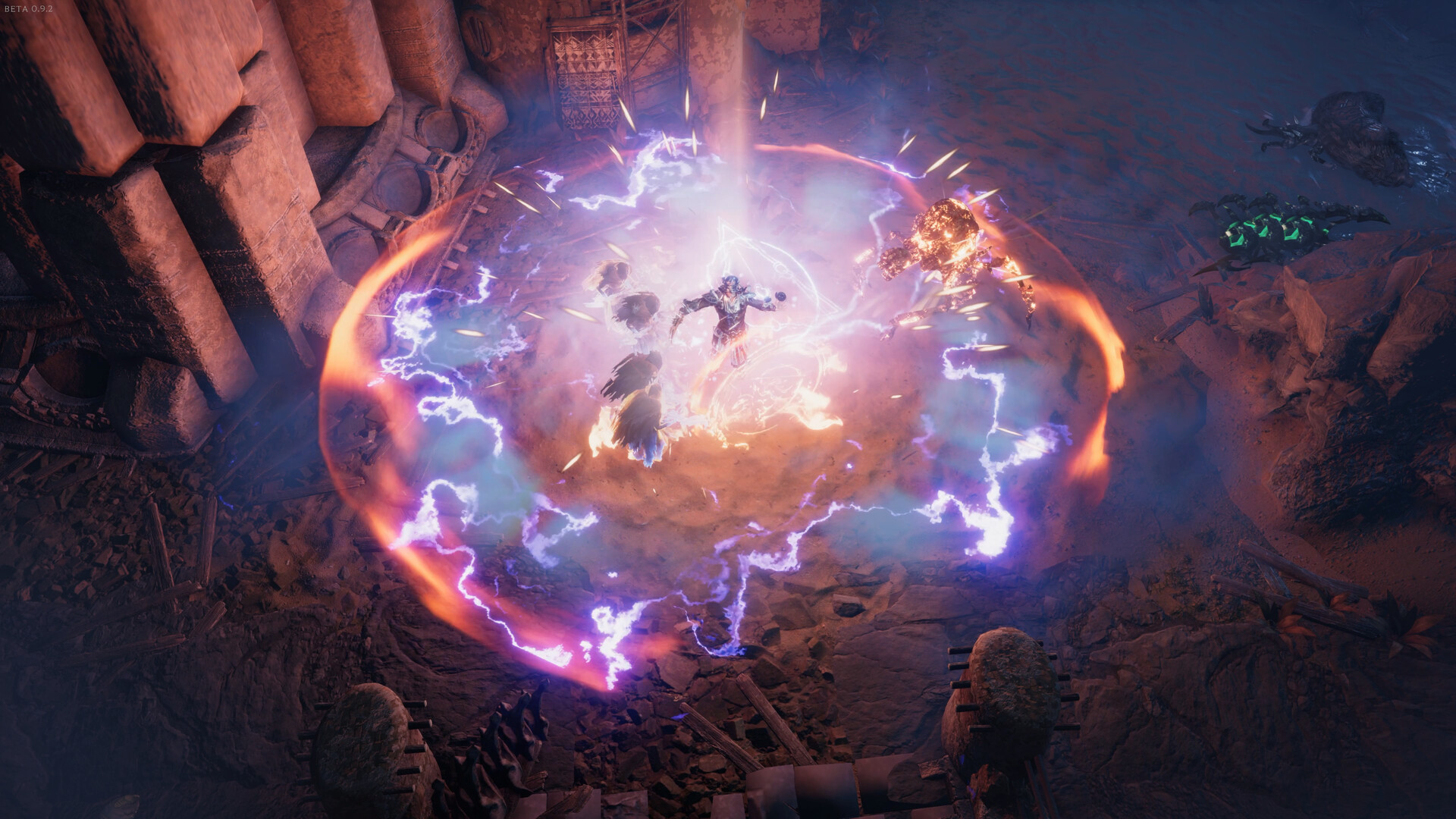Sega and Microsoft are joining forces, but what does that mean for Xbox gamers?
Microsoft and Sega are tying the knot, figuratively at least.
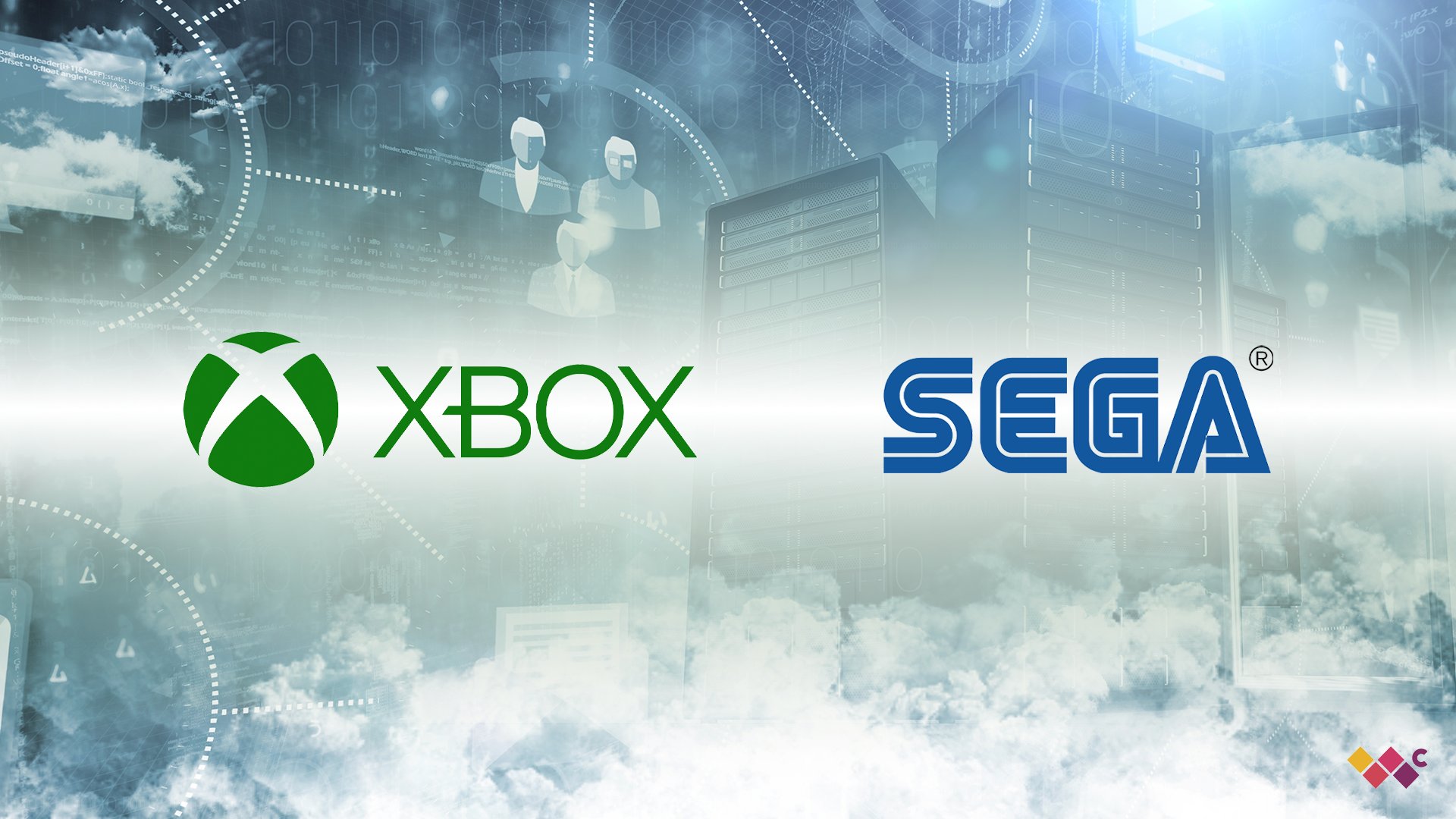
This week, Sega announced in a press release that it is aligning with Microsoft strategically, to explore the future of games development. Sega remains a massive company, despite being an early casualty of the console war against Nintendo and Sony. Known for franchises like Sonic the Hedgehog, Yakuza, and Football Manager, Sega is one of Japan's most celebrated publishers worldwide. The firm has been ramping up its collaboration already with Microsoft and Xbox in recent years, and this latest collaboration is the next step.
For the sake of discussion, let's try to dissect the PR spiel and get to the bottom of what this could actually mean for both Sega fans and Xbox gamers.
Sega and Microsoft join forces
You can read the full press release in English here, but to summarize, Sega and its parent group Sega Sammy revealed that they've agreed "in principle," a partnership that will see Sega build its next generation of online games using Azure technology.
Sega goes on to describe its "Super Game" initiative while referencing "global online community" and "IP utilization" as key pillars. We can assume that this perhaps references online titles like Fortnite, Minecraft, and Super Smash Bros., which are all global and online games, full of the utilization of existing IP characters and franchises.
The biggest hurdle for Sega to grow its own "mega" online games is arguably cloud infrastructure, which this Azure partnership quite easily resolves.
It's quite clear that Sega has very large ambitions in the online space. The company has already seen a great deal of online success with franchises like Phantasy Star Online 2 and Football Manager, but it's quite apparent that they could do far more. PSO2 and Football Manager are large games, but they aren't in the same league as the likes of Fortnite and Minecraft, which is undoubtedly where Sega is setting its sights.
Sega also enjoys a ton of clout with their legacy brands, which are heavily underutilized right now I would argue. Franchises like Sonic still hold a ton of power and brand recognition, but the rate at which we see new games launch under this IP is anemic at best, and often fail to hit widespread acclaim to the same degree that Mario does, for comparison's sake. It's also not a stretch to imagine how the crime brawling Yakuza franchise could transition to online play, looking at Grand Theft Auto online.
The biggest hurdle for Sega to grow its own "mega" online games is arguably cloud infrastructure, which this Azure partnership quite easily resolves. The PR describes this as a partnership, however, and I've received many questions inquiring about what exactly it could mean for today's Xbox gamer.
Get the Windows Central Newsletter
All the latest news, reviews, and guides for Windows and Xbox diehards.
What it actually means for Xbox
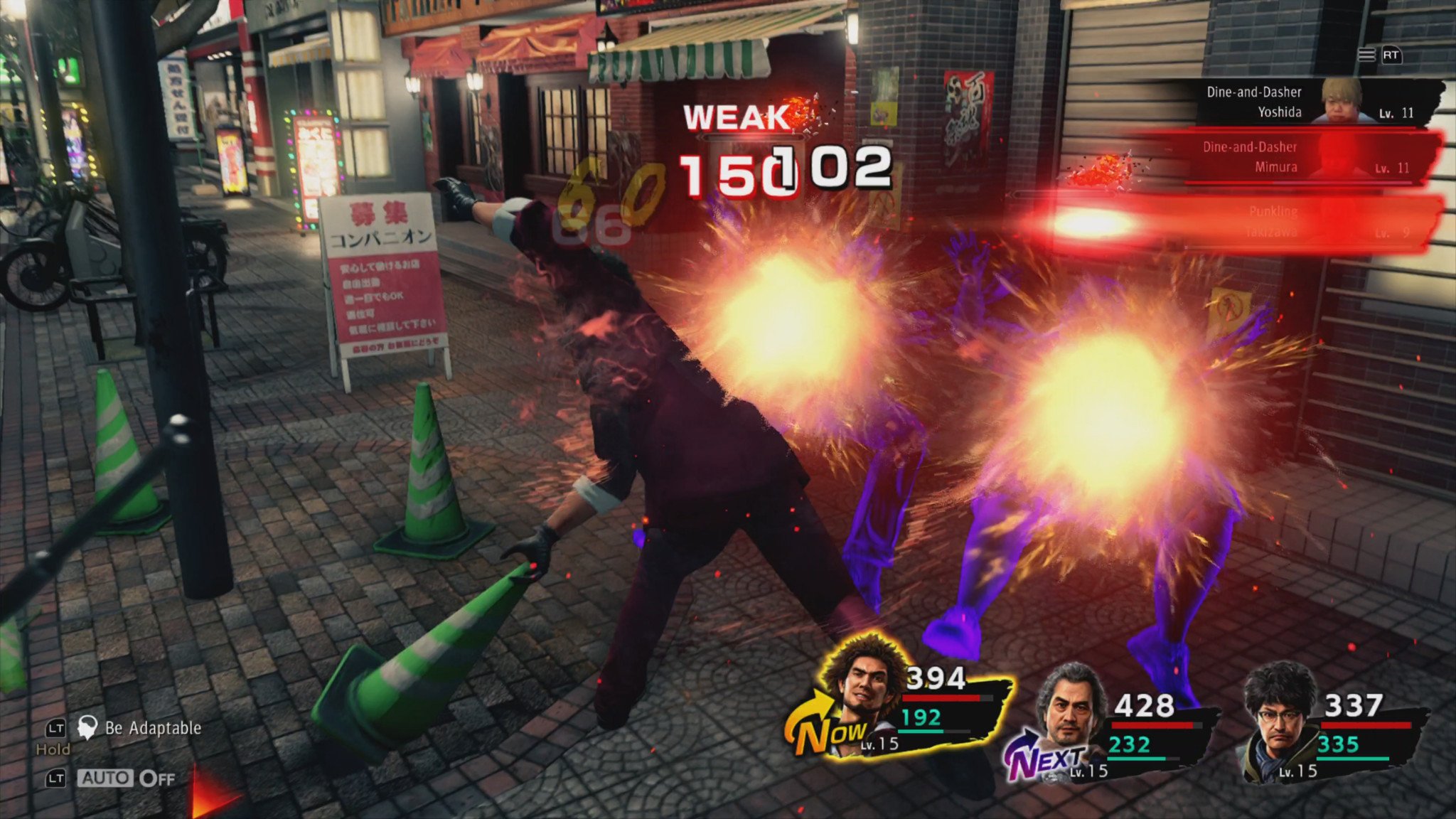
We're already seeing some "fruits" of Sega's partnership with Xbox already. Football Manager 2022 has only been announced for Xbox consoles thus far, with no PlayStation version on the horizon. It's somewhat wild, considering FM2022 is launching on practically everything, including iOS and Android, while sidestepping PlayStation entirely. FM2022 will also launch directly into Xbox Game Pass. This is a glimpse at exactly what this partnership means.
So, how exactly does this benefit Xbox? It's all about building relationships.
FM2022 will most likely hit PlayStation eventually, but it seems that Sega is at least prioritizing the development of at least some of its games on the Xbox platform. Phantasy Stay Online 2: New Genesis is only available on PlayStation in Japan, not the West, where it is exclusive to Xbox consoles. On the flip side, Sega's acclaimed Persona series remains exclusive to PlayStation for reasons not fully known, but this partnership could be another step in the journey towards getting that coveted JRPG title too.
I've seen many people detract from this partnership as meaning nothing for Xbox, and that was my initial assumption too. However, upon closer inspection, you'll notice that this deal was in fact brokered by Xbox, rather than Microsoft itself. Microsoft CVP Sarah Bond for Gaming Ecosystem and her team spearheaded this partnership for Xbox, and the technologies Xbox is deploying as part of Azure, Microsoft's cloud platform.

Sega hasn't been shy to utilize Xbox Game Pass to build up its franchises and IP. Streets of Rage IV and the entire Yakuza series remain key staples of the service, included in both the main Xbox Game Pass services as well as the cloud platform. Naturally, Microsoft will be paying Sega royalties for engagement on this, but it's clear to me that Sega is putting a bigger emphasis on engagement as it looks ahead to the future of its business. Bringing Yakuza to Xbox Game Pass increases the franchise's visibility, and if Sega was considering to build a multiplayer variant of its popular crime brawler, Xbox Game Pass and Azure is an obvious vehicle to scale that up rapidly.
The question of ongoing value Xbox Game Pass has for singleplayer games is somewhat questionable perhaps, but for multi-player games, there seems to be a wealth of data that suggest it only helps, rather than hinders. Microsoft hasn't been shy touting the success of Sea of Thieves via Xbox Game Pass, which the firm believes enjoyed buoyancy and increased virality as a result of its accessibility. Xbox Game Pass seems to create a "free to play" marketing effect for games that aren't actually free to play, and it allowed Sea of Thieves to enjoy the top spot on streaming platforms like Twitch, while also dominating sales charts on platforms like Steam. Microsoft will experiment with Halo Infinite's free-to-play multiplayer component too, no doubt adding extra benefits for Xbox Game Pass Ultimate subscribers.
So, how exactly does this benefit Xbox? It's all about building relationships. Sega is structured in such a way that its internal teams have a bit more independence than Western corporations may find familiar. Microsoft has also noted that Japan is its fastest-growing new market for Xbox user share, while also acknowledging that the lack of support from Japanese developers is hurting the platform among sectors of the Western market. Sega is a company with an enormous amount of clout, and if the partnership bears fruit for Sega, it will broadcast the power of Azure and Xbox Game Pass over to other corporations in the region, many of whom Microsoft has historically struggled to crack.
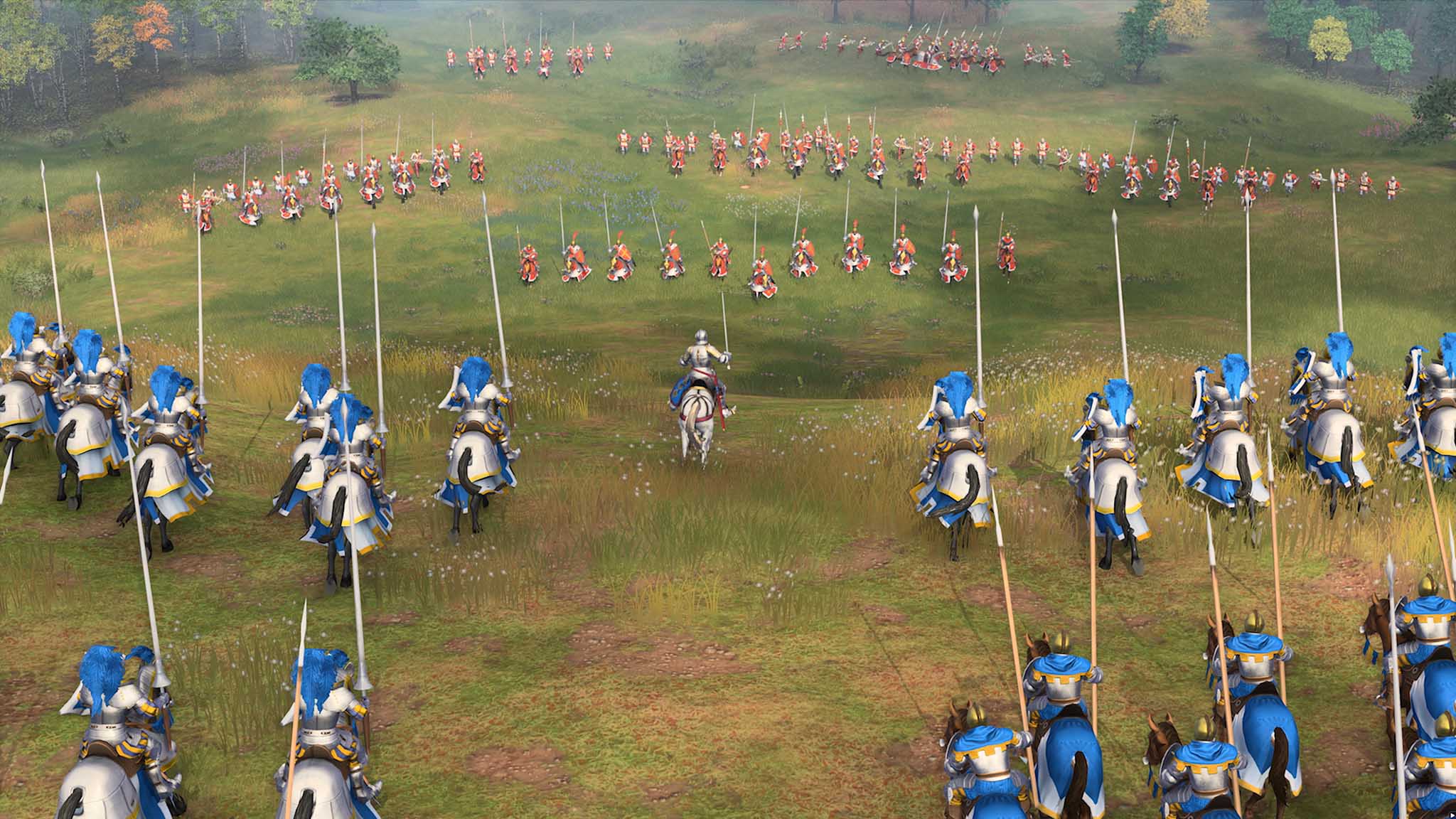
It's a deal that will ramp up over time, with consistent benefits for both Sega and Xbox gamers, and hopefully Japanese game development in general.
What we'll see is a gradual upswell of support and Xbox-first preferential treatment, similarly to what we've seen with PSO2 and Football Manager 2022. We'll also see pervasive partnerships on exclusive games at a greater frequency too, after the blockbuster success of Age of Empires IV, co-developed by Sega's Relic studio. Microsoft has also worked with other Sega studios on exclusives in the past, such as Creative Assembly on Halo Wars 2 (we need Halo Wars 3, please). We could also see this future "Super Game" initiative launch first on Xbox consoles, as a result of Sega's deal with Azure, similarly to how Sony has Square Enix's Final Fantasy XIV locked down to PlayStation right now.
Moving forward, we'll see Microsoft gradually increase its investment and visibility in the region too. More Microsoft money in Japan means more Xbox marketing, more personnel, more tech evangelism, and more services. If the Bethesda acquisition was more of a sprint, you can think of this as more of a marathon. It's a deal that will ramp up over time, with consistent benefits for both Sega and Xbox gamers, and hopefully Japanese game development in general. Microsoft is the biggest company on Earth, and its mission statement is "empower others to achieve more." Few platforms have more technical capability to do that than Azure.
Microsoft's ambitions are clear
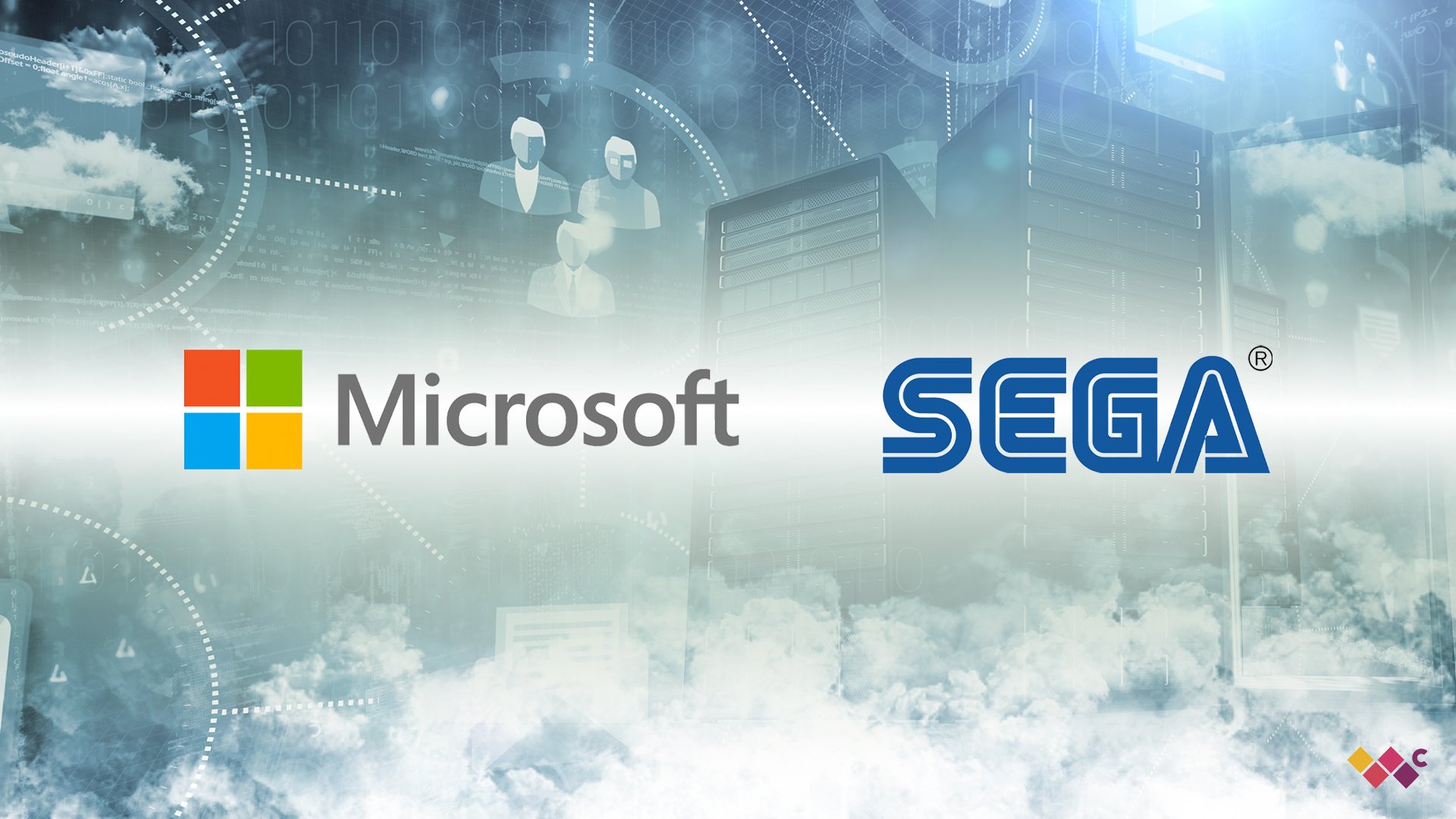
Microsoft is already the biggest company in the world, recently once again surpassing Apple as one of the few companies worth over a trillion dollars on stock markets. It wants to be the biggest gaming platform in the world too, with Xbox and Xbox Game Pass on the consumer side, and Azure and PlayFab on the developer side.
Microsoft is also responding to criticism from Xbox fans over the lack of support from Japanese developers on the platform. The situation has undoubtedly improved in recent years, but this is another milestone at getting more investment and more employees into Japan, building up a partnership ecosystem around the unique technologies and services only Microsoft can offer.
We're not going to see Sega suddenly abandon other platforms, and we're not going to see exclusive Sonic the Hedgehog games on Xbox, but what we are going to see is preferential treatment, a heap of Xbox Game Pass utilization, and more exclusive partner projects like Age of Empires IV and Halo Wars 2, all of which envisage a future of device-agnostic game development that scales to hundreds of millions of users, rather than tens of millions. This partnership should be a good thing for all concerned, especially Xbox gamers, who have never enjoyed this much investment from Microsoft's corporate level. And in some ways, you have Azure to thank, which anchors Xbox and game development as a key pillar in the main driver of Microsoft's corporate growth and shareholder ambitions — without screwing consumers in the process. Imagine that.
A huge thank you to @Klobrille for the awesome Microsoft x Sega art work!

Jez Corden is the Executive Editor at Windows Central, focusing primarily on all things Xbox and gaming. Jez is known for breaking exclusive news and analysis as relates to the Microsoft ecosystem while being powered by tea. Follow on Twitter (X) and Threads, and listen to his XB2 Podcast, all about, you guessed it, Xbox!
